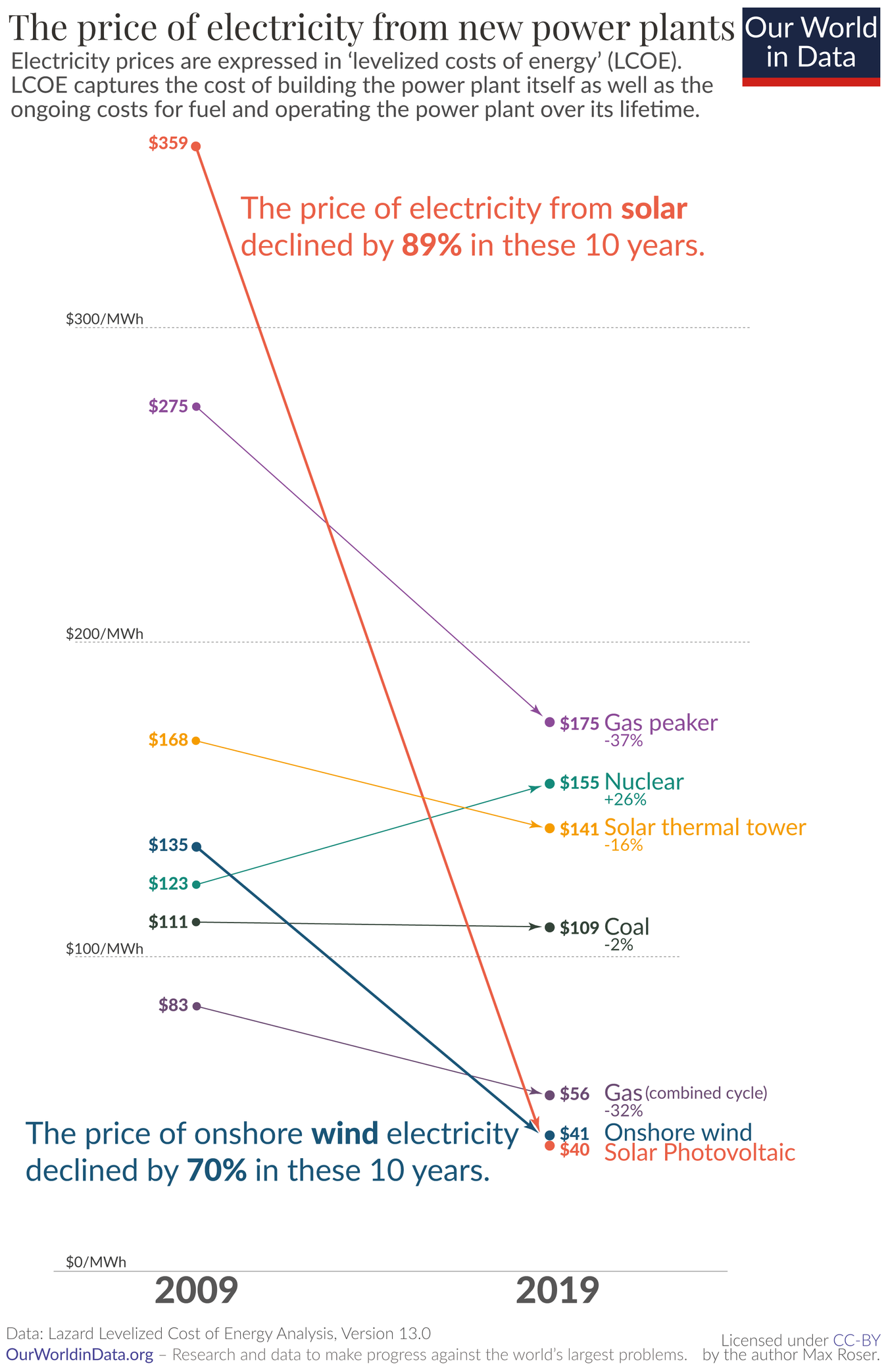Technology
This is the official technology community of Lemmy.ml for all news related to creation and use of technology, and to facilitate civil, meaningful discussion around it.
Ask in DM before posting product reviews or ads. All such posts otherwise are subject to removal.
Rules:
1: All Lemmy rules apply
2: Do not post low effort posts
3: NEVER post naziped*gore stuff
4: Always post article URLs or their archived version URLs as sources, NOT screenshots. Help the blind users.
5: personal rants of Big Tech CEOs like Elon Musk are unwelcome (does not include posts about their companies affecting wide range of people)
6: no advertisement posts unless verified as legitimate and non-exploitative/non-consumerist
7: crypto related posts, unless essential, are disallowed
view the rest of the comments

I want a battery in my house big enough for me to lose power for 2 days and still cook with electric stove and have hot water from water heater.
That is my dream for every house. To be able to have a stable power well from some kind of battery fed by a solar + grid sharing. To be able to offer extra power to a neighbor if they need it for a project or a party or help however.
I don't want to be energy isolated from the grid. I want to be energy insulated and be of the grid.
There is this vision for the future, where people can use the battery in their electric car (or a separately bought battery) to store power, either produced by their own cheap solar or from the grid during over-production. And then some software could sell that energy back into the grid at night or during high demand.
If that becomes a reality, we might have it at least so that if a chunk of the grid gets cut off for a bit, it can actually tide that over.
This isn't so much a vision for the future, as it's an option right now.
I can't wait until work puts in car chargers- Top off the battery for free during the day, come home and sell that juice back to the grid, baby!
Just pointing out that the grid is paid for by your electric bill, roughly half of what you pay is for delivery (paying to maintain the equipment needed to deliver you that energy), the other half is for supply (paying the power plant that generated the energy). So even if you and all your neighbors are energy independent you'll still be on the hook for at least half your bill, or they'll have to recoup it in taxes or something.
Not saying that's a bad thing, just clarifying a common misconception that going solar should not mean you eliminate your electric bill. In fact many places where solar does offset 100% of your electric bill are ending up with the rich owning solar and the poor paying to maintain the grid for them.
Hydrogen is the answer for that, cost about 100k today hopefully those cost will decline fast
https://www.homepowersolutions.de/produkt/
The problem with Hydrogen, is that its not efficient (fuel cells apparently are only 40-60% efficient). In contrast, batteries are 90% or more efficient (and improving)
So, you'd be wasting 50% of the power generated, and wasting fresh water too.. Thats all assuming too that the additional minerals in the water won't cause extra issues either.
Battery costs keep dropping, and the technology keeps improving rapidly.
If they can get the efficiency much higher, maybe.. It also might make sense for long range cars (at the moment) due to energy density
But, in practice, companies like BP and traditional gas companies are the main ones who benefit from a hydrogen economy. Because they can use non-renewable to undercut everyone